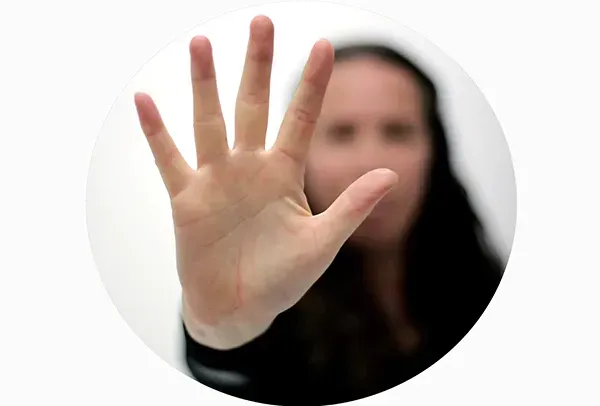Five tips for Artists using Social Media
Written by

Recently I was asked by one of the mentors at The Learning Connexion for advice. An art student had set-up a Facebook page and was asking how to get more traffic to it.
Recently I was asked by one of the mentors at The Learning Connexion for advice. An art student had set-up a Facebook page and was asking how to get more traffic to it.
As an artist you create work and you want it to get seen right? So you set up a Facebook page and post your artwork up, but it is difficult to get a wider audience. Does this sound familiar? This question inspired me to write this post.
Firstly, having a Facebook page and expecting people to find it on the internet is like expecting someone to find a pebble at the beach. You need to provide them with a reason to go there and to do so regularly; here are my 5 top tips for artists using social media.
1. Provide great content.
This is my number one tip. You really can’t beat it. As they say, content is king!
Show work in progress, your studio space, talk through your process and how you generate your ideas. Show behind the scenes photos, give away techniques, secrets, artwork even, create step-by-step tutorials and write stories/posts from experience. An Astrophotographer I follow online called Mark Gee discloses information about all of the gear he uses and the exposure settings for each shot. He is not worried about someone making the same photograph as him, as there is much more creativity and experience involved in each shot. His social media following really appreciates his openness and willingness to share.
Also, don’t feel like you just have to post all your own content. There is a wealth of great content online already so you can do a mixture of your content and other people's content. Just make sure it is relevant and by relevant I mean, think of what your audience will want to read about. For example, if you have a page set up for your photography, you might visit the PetaPixel Website or Digital Rev website and post some of their content up. I recommend Alltop as a great place to glean content, all categorized under topics of interest.
2. Use other social media platforms
You can use social media platforms and link them all together. It is a bit of work but there are also tools to help you manage them. Different social media platforms are good for different reasons.
Facebook is good for creating an online community, and it is in effect an interactive blog.
Twitter is good for reaching out to a different audience to Facebook. It took me a while to warm to Twitter with its 140 character limit per tweet, but I am using it more regularly now and I find it useful to reach out to a wider community, just make sure you use #hashtags. Twitter however has a short shelf life with a tweet showing up for an average of 20 minutes, whereas Pinterest has the longest social media ‘shelf life’. Your pin can resurface years after you have originally posted it. Google plus is also a great social media tool. People used to say that it was a wasteland and that no-one was on there, but I find Google plus has a lot of value and your post (if recent) can show up in a Google search and in people's email inboxes (if they are following you). Use these other social media platforms but make sure you have cohesion when using them; you can do this by using the same profile picture across all of them and using the same tag-line.
3. Make it visual
Posts with great images, photos or video create more engagement than posts without visual material attached to them.
4. Create some longer blog posts
People do have a shorter attention span these days, but they also appreciate a more in-depth look into subjects, so you could create some (visual) blog posts and link to it from all your other social media. If you don’t have a blog and don’t want to set one up you could submit to The Big Idea website or our school's news page. There is a great sense of satisfaction to see your work published online.
5. Follow social media gurus for more tips
When you are learning how to use social media, it can be overwhelming trying to implement all your ideas at once, so try things out one at a time and follow some social media gurus online to get ongoing tips. One I would recommend is Guy Kawasagi, you can find him on most social media platforms.
You can connect with me here: https://twitter.com/usefulhq